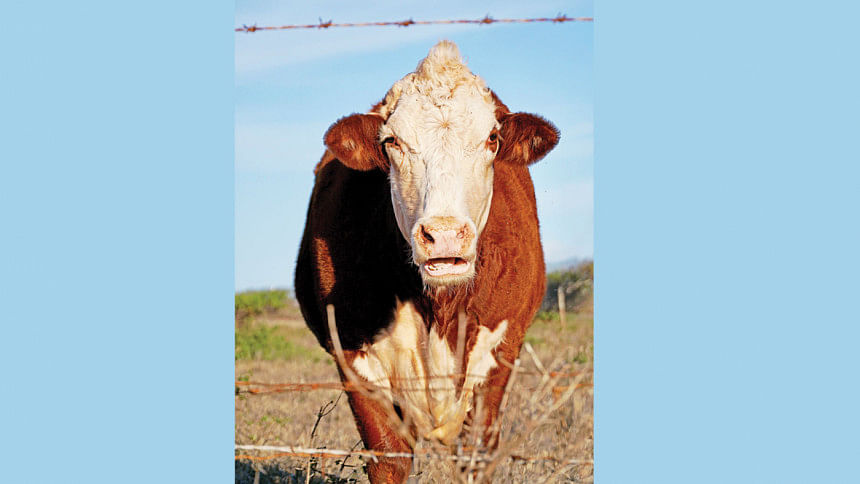The rise of zoonotic tuberculosis

In a study recently published in the Journal of Infectious Diseases, scientists illuminated a lesser-known variant of tuberculosis known as zoonotic tuberculosis (zTB). This type of TB stems from Mycobacterium tuberculosis complex (MTBC) species found in animals, posing a unique challenge to public health surveillance.
The study, which spanned over 25 years from 1995 to 2021 in Alberta, Canada, examined the cases of individuals infected with animal-lineage MTBC. What they found was both intriguing and concerning. Out of the 42 identified cases of zTB, M. bovis—originating primarily from cattle—was the most commonly identified culprit, accounting for 20 cases. However, the real surprise came with the discovery that M. orygis, previously less recognised, was responsible for 21 cases, indicating a potentially underestimated prevalence. Interestingly, while cases attributed to M. bovis remained steady over time, those linked to M. orygis saw a significant uptick post-2016, raising eyebrows among researchers.
Researchers delved deeper into the data and found that individuals infected with M. orygis tended to be older, predominantly female, and more likely to be undergoing immunosuppressive therapy compared to those infected with traditional M. tuberculosis. Furthermore, we traced all M. orygis cases back to individuals born in India or Pakistan, suggesting a potential geographical link.
The good news? All isolates, despite the surge in M. orygis cases, showed susceptibility to common antimycobacterial medications, offering hope for effective treatment. The absence of secondary transmission, which suggests that M. orygis-caused zTB does not spread easily from person to person, may be the most reassuring finding. This study serves as a wake-up call, urging healthcare authorities to reevaluate their surveillance strategies and consider the evolving landscape of zoonotic tuberculosis. As zTB continues to fly under the radar, understanding its nuances is paramount to safeguarding public health and preventing future outbreaks.

 For all latest news, follow The Daily Star's Google News channel.
For all latest news, follow The Daily Star's Google News channel. 



Comments